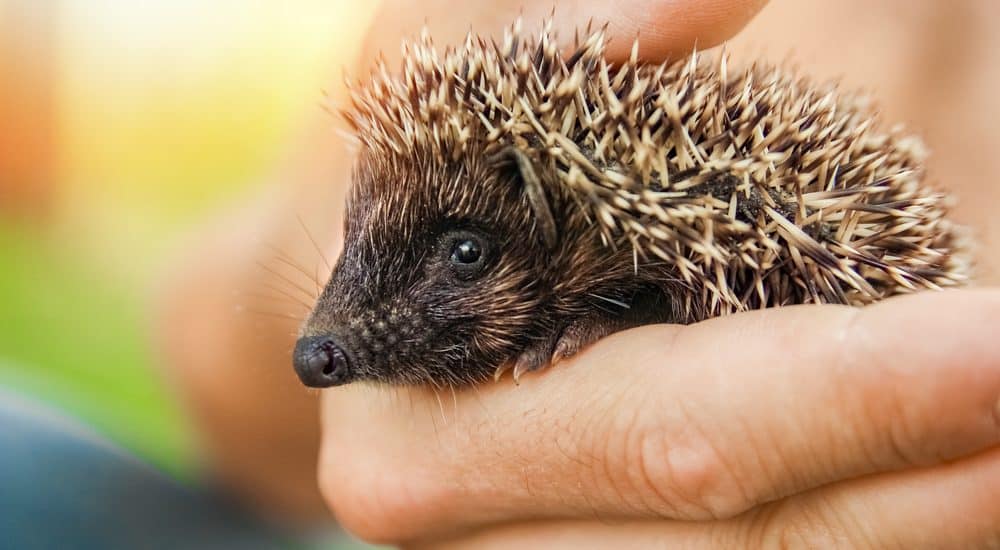Are Certain Exotic Animals Less Prone to Health Issues Than Others?
- October 17, 2022
- Posted by: Santiago Diaz
- Category: Office

Whether you have a conventional pet like a dog or cat, or an exotic one like a chinchilla or hedgehog, you never want to see it in pain. Watching your pet suffer is heartbreaking, so you might be wondering about the potential health issues of exotic animals.
Just like any other pet, exotic animals are prone to health issues. They won’t all be at risk for the same issues, though, and may even have different risk levels.
Looking for an exotic animal veterinarian?
Are Certain Exotic Animals Less Prone to Health Issues Than Others?
Genetics plays a big part in why certain exotic pets are less prone to health issues. Some exotic animals may have a higher health risk because they were bred in a less-than-ideal situation or because their species tend to be more fragile. Even within a species, you may find that some pets present more health issues because of how they were bred.
When it comes to finding an exotic pet that may be less prone to health issues, you’ll need to research what diseases each species is prone to, as well as ask your breeder what they do to screen for these potential issues.
Some Common Exotic Pet Health Issues
Here are just a few exotic pets and their common health issues.
Hedgehogs
Hedgehogs are adorable, but they are prone to a number of health issues, including external parasites, cancer, pneumonia, gastrointestinal diseases, and obesity.
Unfortunately, it can be hard to tell if there is an issue with your pet hedgehog, so if you ever notice a behavioral change, take your pet to the vet. You can’t always tell just how serious the issue is by determining if the change is big or small. Common signs to look for include lack of appetite or lethargy and fatigue.
Parrots
Parrots come from different areas of the world and special attention needs to be paid to the proper diet and husbandry. When these are not correct, your pet parrot can develop different nutritional and metabolic diseases.
Common health risks with parrots include respiratory infections, liver disease, heart disease, egg binding and feather destructive behavior.
Parrots may show signs of health issues by a change in appetite, decreased stool production, unusual posture, lethargy and withdrawal. If you notice anything out of the ordinary, contact a vet right away.
Potbellied Pigs
Pigs are prone to a number of different issues, varying from ear infections to cancer. They can also have respiratory issues and constipation. Arthritis can also be present in pigs that are obese or aren’t able to get enough exercise, but it can also be an issue with their breeding.
To know if your pig has health issues, watch their appetite and activity. They may also cough or have nasal discharge, strangely colored urine or waste, or trouble moving around.
Potbellied pigs may also have skin problems that develop due to their environment. Signs of a skin issue include patchy hair loss, itching, and hairs standing on end.
Conclusion
This is by no means a complete list of exotic animals with health risks. Every exotic animal breed will be at risk of developing health issues, but these issues will be varied and present themselves in a different manner.
The best way to protect your pet from health risks is to monitor them closely and to take them to your exotic veterinarian for their yearly exam.
